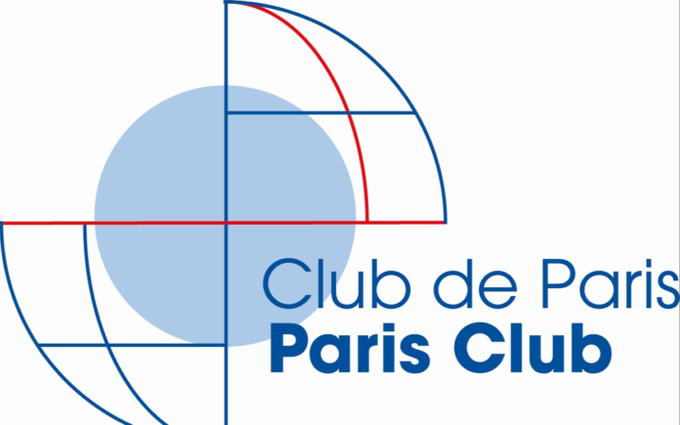- Sri Lanka has reached an “agreement in principle” with India and the Paris Club group of creditors, including Japan, on a debt treatment plan that will help the crisis-hit island nation tap the next tranche of the International Monetary Fund’s nearly $3-billion recovery package.
- The Official Creditor Committee and Sri Lanka agreed on the main parameters of a debt treatment, consistent with those of the Extended Fund Facility (EFF) arrangement between Sri Lanka and the IMF.
About Paris Club
- The Paris Club is an informal group of official creditors, industrial countries in most cases, that seeks coordinated and sustainable solutions for debtor nations facing payment difficulties.
- The origin of the Paris Club dates back to 1956 when Argentina agreed to meet its public creditors in Paris. Since then, the Paris Club has reached 478 agreements with 102 different debtor countries. Since 1956, the debt treated in the framework of Paris Club agreements amounts to $ 614 billion.
- Permanent Paris Club members: The Paris Club is a group of currently 22 permanent members.
- Australia, Austria, Belgium, Brazil, Canada, Denmark, Finland, France, Germany, Ireland, Israel, Italy, Japan, Korea, Netherlands, Norway, Russian Federation, Spain, Sweden, Switzerland, United Kingdom, United States of America.
- Other creditor countries can participate in negotiation meetings on a case by case basis, provided that certain conditions are met.
- Representatives of international financial institutions or countries can be invited to attend the meetings as observers.
- Paris Club creditors provide debt treatments to debtor countries in the form of rescheduling or reduction in debt service during a defined period or as of a set date.
- Although the Paris Club has no legal basis, its members agree to a set of rules and principles designed to reach a coordinated agreement on debt rescheduling quickly and efficiently.
- It describes itself as a forum where official creditors meet to solve payment difficulties faced by debtor countries.
- It operates on the principles of consensus and solidarity. Any agreement reached with the debtor country will apply equally to all its Paris Club creditors.
- A debtor country that signs an agreement with its Paris Club creditors, should not then accept from its non-Paris Club commercial and bilateral creditors such terms of treatment of its debt that are less favourable to the debtor than those agreed with the Paris Club.

